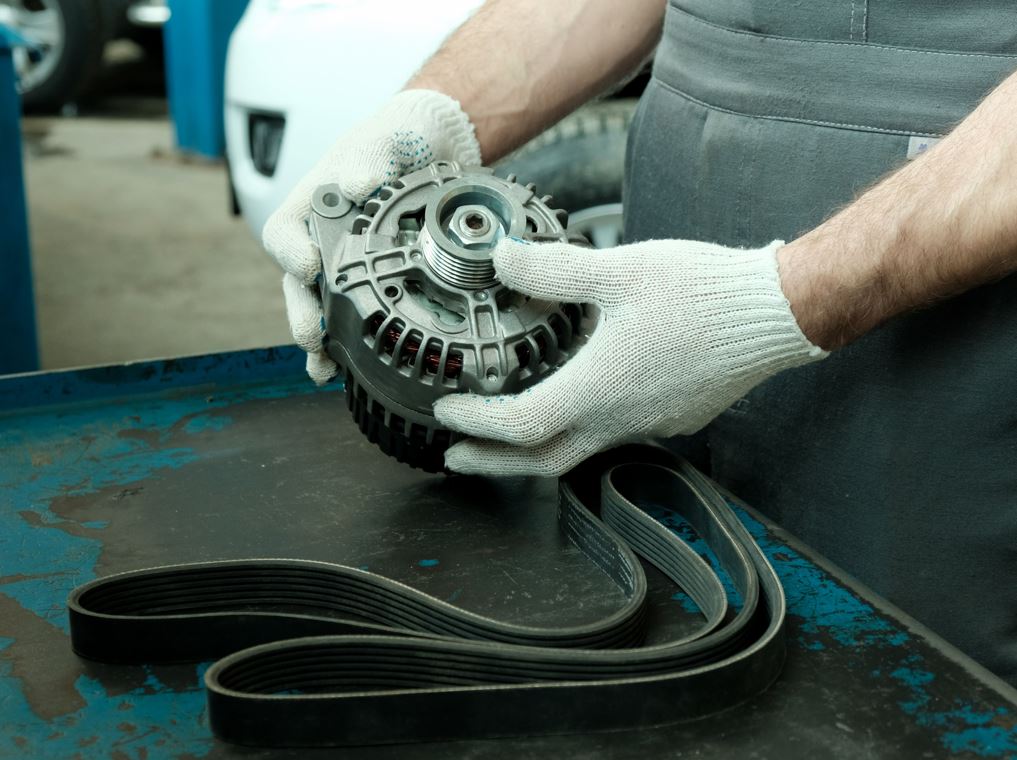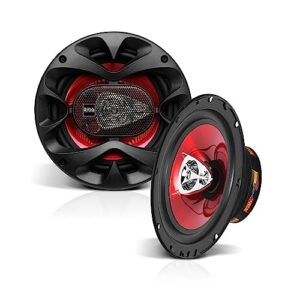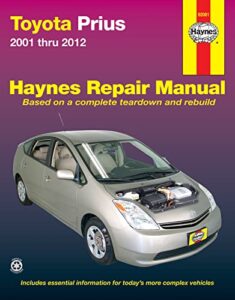As an Amazon Associate, I earn from qualifying purchases
Have you ever wondered how long a Toyota alternator can keep your car running smoothly? Knowing the lifespan of this vital part can save you from unexpected breakdowns and costly repairs.
You’ll discover exactly how long you can expect your Toyota alternator to last, signs it might be failing, and simple tips to extend its life. Keep reading to protect your car and avoid surprises on the road.
Toyota Alternator Lifespan
The Toyota alternator plays a key role in keeping your vehicle’s electrical system running. It charges the battery and powers electrical parts like lights and radio. Knowing how long a Toyota alternator lasts helps you plan for maintenance and avoid sudden breakdowns.
Alternator lifespan depends on use and driving conditions. Regular care can extend its life. Let’s explore what you can expect from a Toyota alternator over time.
Average Mileage Expectancy
Toyota alternators usually last between 80,000 and 150,000 miles. This range varies by model and driving habits. Stop-and-go traffic and short trips may reduce lifespan. Highway driving tends to be easier on the alternator. Regular checks can catch issues early and keep mileage high.
Typical Years Of Service
On average, a Toyota alternator lasts about 7 to 10 years. Some may fail sooner due to wear or electrical problems. Others can last longer with good maintenance. Heat and dirt can damage parts over time. Replacing worn belts and keeping connections clean helps extend service life.

Credit: kellyhyundaiofhamburg.com
Factors Affecting Alternator Life
The lifespan of a Toyota alternator depends on several key factors. These influence how long the alternator works without problems. Understanding these helps you care for your car better. It also helps avoid sudden failures and costly repairs.
Driving Habits
Frequent short trips can shorten alternator life. The alternator may not fully recharge the battery. Constant stop-and-go driving puts extra strain on the alternator. Smooth driving at steady speeds helps it last longer. Avoid heavy electrical use when the engine is off.
Environmental Conditions
Heat damages alternators over time. High temperatures cause parts to wear faster. Dust and dirt can block airflow and cause overheating. Moisture from rain or snow may lead to corrosion. Parking in a garage protects the alternator from harsh weather.
Quality Of Parts
Original Toyota alternators tend to last longer. Cheaper, low-quality parts wear out quickly. Using quality replacement parts improves reliability. Proper installation also affects alternator life. Choose trusted brands to avoid future problems.
Signs Of A Failing Alternator
Knowing the signs of a failing alternator helps you avoid getting stranded. The alternator powers your car’s electrical system and charges the battery. A bad alternator causes many small problems that grow worse over time. Watch for changes in your vehicle’s lights and electrical functions. Catching these signs early can save you time and money on repairs.
Dim Or Flickering Lights
Headlights and dashboard lights may dim or flicker. This happens because the alternator can’t supply steady power. You may notice this especially when you use other electrical parts. Dim or flickering lights signal that the alternator is weakening. It affects your visibility and safety on the road.
Battery Warning Light
The battery warning light on your dashboard often lights up first. It may glow or flash while driving. This light means the alternator is not charging the battery properly. Don’t ignore this warning. It shows the electrical system is under stress and needs attention soon.
Electrical Issues
Various electrical parts may stop working correctly. Power windows, radio, or air conditioning might act strange. The alternator supplies power to all these systems. When it fails, electrical problems appear one after another. These problems can become more frequent and severe.

Credit: www.coughlintoyota.com
Maintenance Tips To Extend Lifespan
Taking care of your Toyota alternator helps it last longer. Small steps can prevent big problems. Regular maintenance keeps the alternator working well. It also saves money on repairs. Follow these tips to keep your alternator in good shape.
Regular Inspections
Check your alternator often for any signs of damage. Look for cracks, loose parts, or unusual noises. Early detection can stop bigger issues. Inspect it every few months or during oil changes. A quick look helps spot problems early.
Battery Care
Keep your car battery clean and charged. A weak battery puts extra strain on the alternator. Check battery terminals for corrosion and clean them if needed. Replace the battery if it is old or weak. Healthy batteries help the alternator work smoothly.
Belt And Connection Checks
Inspect the drive belt that turns the alternator. Look for cracks, fraying, or looseness. Tighten or replace the belt if it looks worn. Also, check electrical connections for corrosion or looseness. Secure connections improve alternator performance and lifespan.
When To Replace Your Toyota Alternator
Knowing when to replace your Toyota alternator helps avoid unexpected breakdowns. The alternator charges your car battery and powers electrical systems. A failing alternator can cause dim lights, battery issues, or engine stalls. Watch for clear signs of trouble to keep your Toyota running smoothly.
Common Replacement Triggers
One common sign is a warning light on the dashboard. You might see a battery or “ALT” light. Strange noises, like grinding or whining, also signal trouble. Dim headlights or flickering dashboard lights can mean low alternator output. If your battery keeps dying, the alternator might not charge it properly. Stalling or trouble starting the car also points to alternator failure.
Cost Considerations
The cost to replace a Toyota alternator varies by model and location. Parts can range from $100 to $400. Labor charges add $100 to $200 more. Prices depend on the alternator brand and car year. Buying a remanufactured alternator can save money. Keep in mind, a poor alternator wastes battery life and fuel.
Professional Vs Diy Replacement
Replacing an alternator requires some mechanical skill. Professionals have the tools and experience to do it fast. DIY replacement saves labor costs but takes time. It involves disconnecting the battery and removing belts. Incorrect installation can damage the electrical system. Follow detailed guides and use proper tools for safety. Choose the option that fits your skills and budget.

Credit: www.reddit.com
Frequently Asked Questions
How Long Does A Toyota Alternator Typically Last?
A Toyota alternator usually lasts between 7 to 10 years or about 80,000 to 150,000 miles.
What Factors Affect Toyota Alternator Lifespan?
Driving habits, weather, and electrical load can shorten or extend alternator life.
How To Know If A Toyota Alternator Is Failing?
Dim lights, battery warning, or strange noises can signal alternator problems.
Can I Replace A Toyota Alternator Myself?
Basic tools and some car knowledge help, but professional replacement is safer.
Does Regular Maintenance Extend Toyota Alternator Life?
Yes, keeping the battery and belts in good shape helps the alternator last longer.
What Happens If A Toyota Alternator Dies While Driving?
The car may lose power, stall, or fail to start until fixed.
Conclusion
A Toyota alternator usually lasts between 7 to 10 years. Regular checks help spot problems early. Avoiding electrical overload can extend its life. Signs like dim lights or strange noises need attention. Replacing the alternator at the right time saves money and hassle.
Taking care of your car’s charging system keeps it running smoothly. Simple steps make a big difference in performance. Keep an eye on your alternator to avoid sudden breakdowns. This helps your Toyota stay reliable for many miles.
As an Amazon Associate, I earn from qualifying purchases


